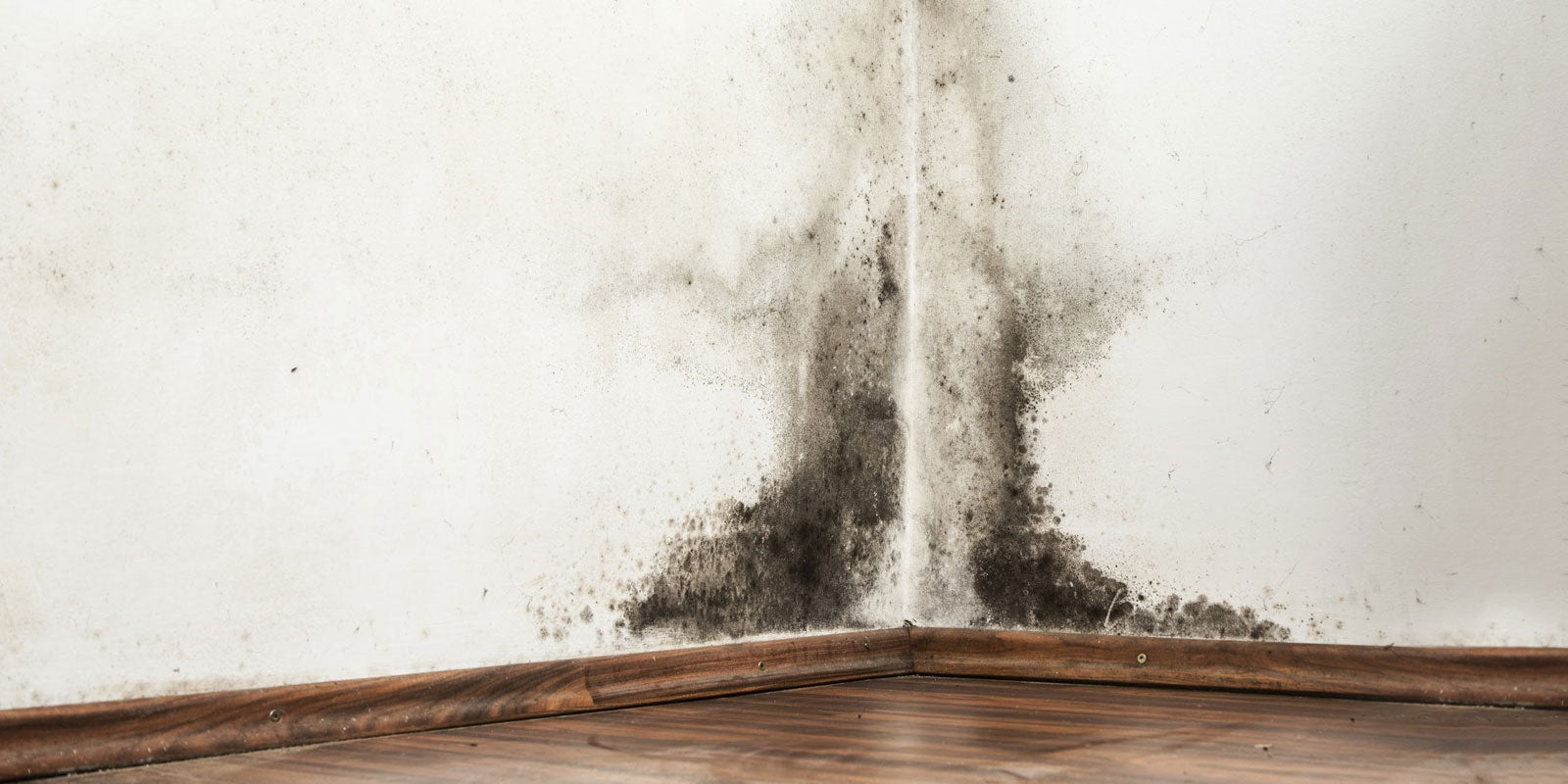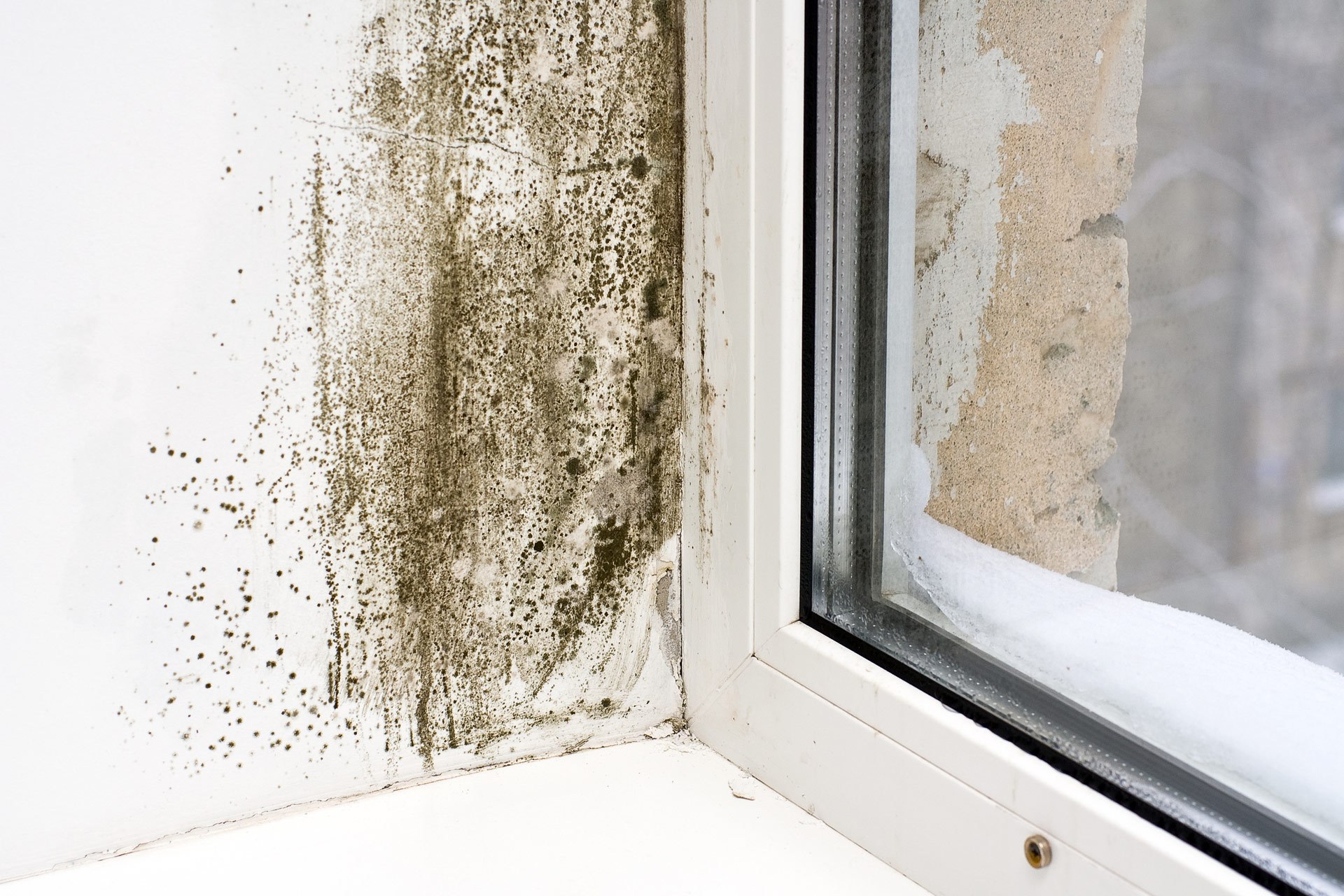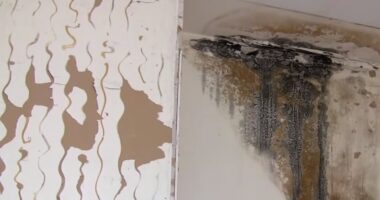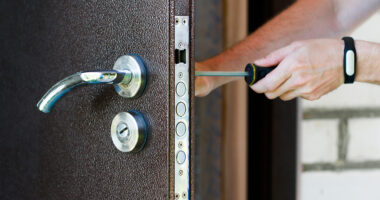Indoor air quality plays a significant role in our overall health and well-being, particularly for individuals prone to mold allergies. Mold allergies can be triggered by exposure to mold spores present in the air, leading to symptoms such as sneezing, coughing, wheezing, and itchy eyes. Improving indoor air quality is essential in reducing the presence of mold spores and alleviating allergy symptoms.
By taking proactive measures to control moisture levels, increase ventilation, and reduce clutter, you can create a healthier indoor environment for yourself and your family. In this article, we will explore various strategies to improve indoor air quality and minimize mold allergies in your living space.
Understanding Mold Allergies and Indoor Air Quality

Mold allergies can be a serious concern for many individuals, especially when it comes to indoor air quality. Understanding the link between mold spores and allergic reactions is essential in effectively managing symptoms and improving overall health. Mold thrives in damp and poorly ventilated areas, making it important to address any sources of moisture in your home.
Regularly cleaning and maintaining HVAC systems, using dehumidifiers, and ensuring proper ventilation are all key strategies in reducing mold growth and allergen exposure. By taking proactive steps to improve indoor air quality, you can help alleviate mold allergies and create a healthier living environment for you and your family.
Identifying Sources of Mold in Your Home
Identifying sources of mold in your home is essential for improving indoor air quality and reducing mold allergies. One common source of mold growth is damp or humid areas, such as bathrooms, kitchens, or basements. Leaking pipes, roofs, windows, or HVAC systems can also create the perfect environment for mold to thrive. Additionally, poor ventilation and inadequate air circulation can lead to moisture buildup and mold growth.

Keep an eye out for water stains, musty odors, condensation on windows, or visible mold growth on surfaces. Regularly inspecting and addressing potential sources of mold can help prevent allergic reactions and improve overall air quality in your home.
Controlling Humidity Levels to Prevent Mold Growth
One key aspect of reducing mold allergies in indoor spaces is to control humidity levels effectively. Mold thrives in environments with high levels of moisture, making it essential to maintain relative humidity below 60% to prevent mold growth. Using dehumidifiers and air conditioners can help regulate humidity levels, while proper ventilation and air circulation are also crucial in preventing excess humidity from accumulating.

Regularly inspecting and addressing any leaks or water damage promptly can also go a long way in controlling moisture levels and ultimately reducing the risk of mold allergies in indoor environments. By implementing these strategies, you can create a healthier and cleaner indoor space for yourself and your loved ones.
Conclusion
In conclusion, addressing indoor air quality is crucial for reducing mold allergies and promoting a healthy living environment. By implementing the strategies mentioned in this article, such as proper ventilation, moisture control, and regular cleaning, we can significantly decrease the presence of mold and allergens in our homes.
Consulting with a mold expert can provide valuable insights and guidance in identifying and addressing potential mold issues. Ultimately, taking proactive steps to improve indoor air quality not only alleviates allergies but also enhances overall well-being for everyone in the household.




